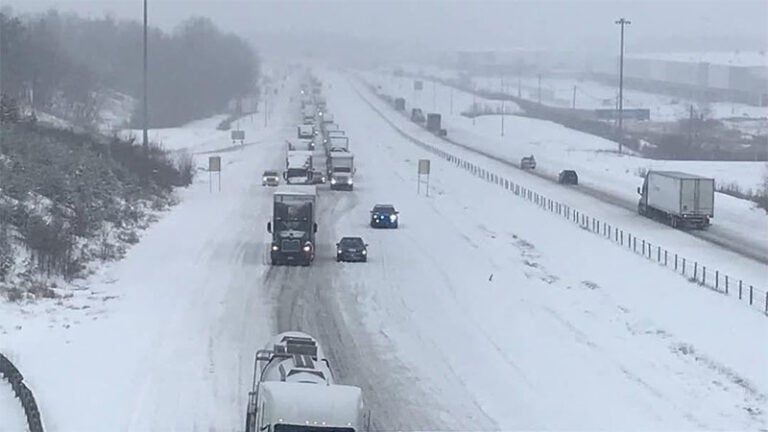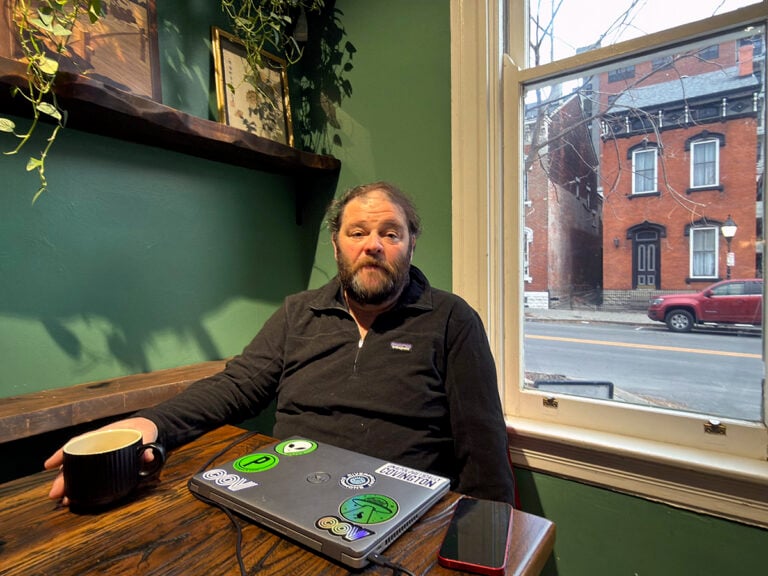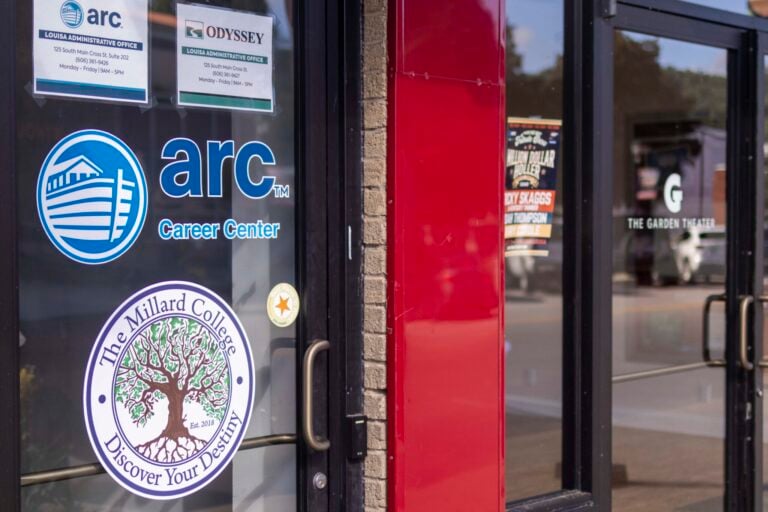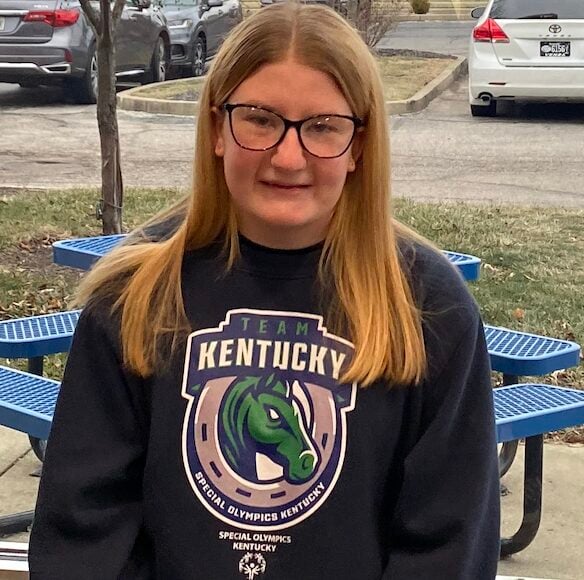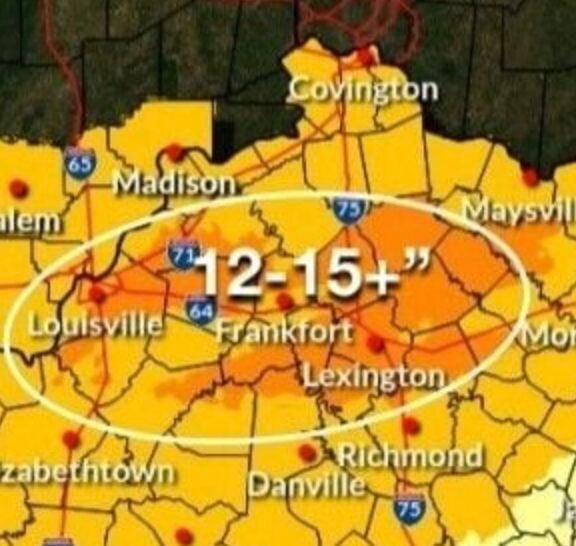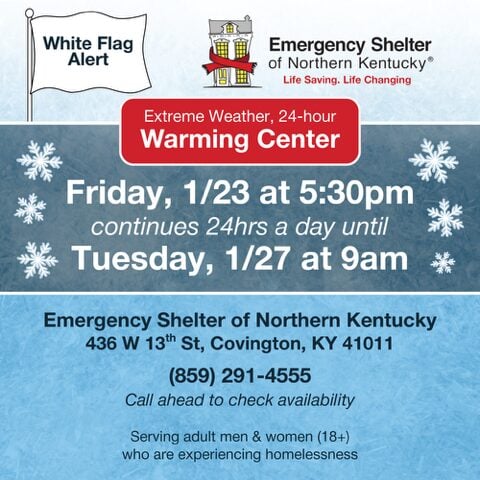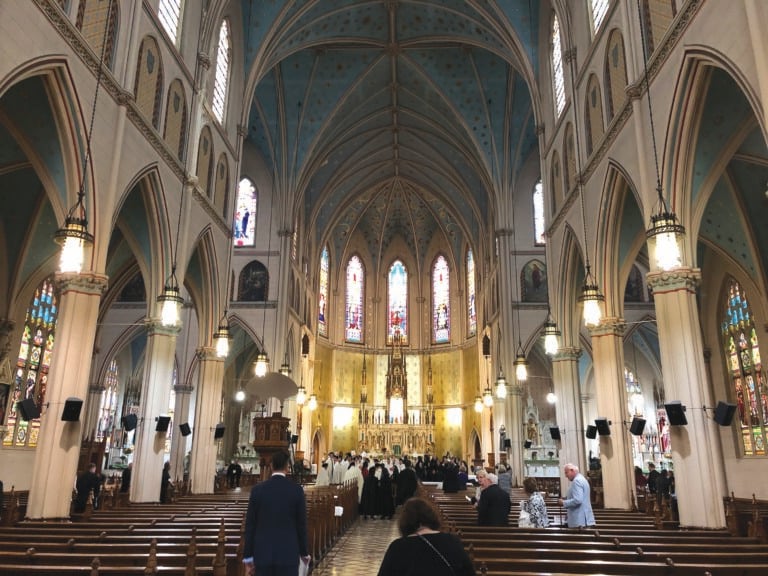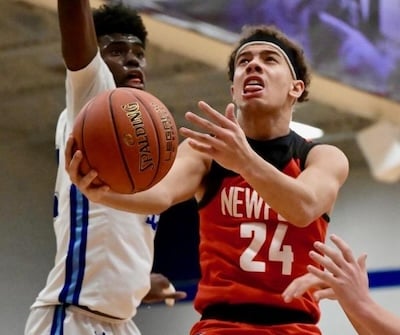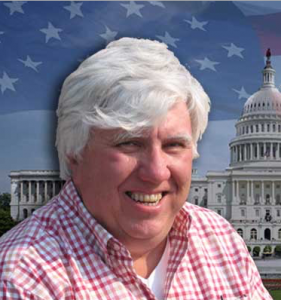By Howard Whiteman
Murray State University
The sound was raucous and clearly aggressive. As I stood waiting in my tree stand for a deer to walk by, a huge flock of turkeys was starting to make their way toward their evening roost. They were excitedly calling, but mostly with the normal yelps, putts, and purrs of any other flock. But every once in a while they just went crazy, with multiple birds letting loose with some amazing staccato calls. Their movements back and forth suggested that if they weren’t fighting, they were awfully close to it. Whatever was going on, they were clearly upset at each other, and letting the rest of the flock know about it.
That all stopped when one observant hen noticed me. I was wearing fluorescent orange and, unlike deer, turkeys have no problem seeing color. A bright orange blob in a tree was danger, period. One or two warning putts and the outrages of the past few minutes were forgotten. There was silence, heightened awareness, and a relatively quiet traverse deeper into the forest, with only an occasional putt or purr, as they followed their leader to safety.

As many hunters do, I started philosophizing about what all that meant, and it struck a nerve. People aren’t really that different than turkeys. We sometimes argue with each other, even raising our voices. Occasionally, those arguments lead to violence. When we have a common enemy, however, our differences seem to go away, or at least are pushed down the list in terms of priorities. When our mutual interests are threatened, we can quickly learn how to get along, just like the turkeys.
You may not agree with everything that happened after 9-11, but if you were old enough to experience that horrific time, I bet you would acknowledge that the vast majority of the country was all on the same page. We understood the magnitude of the threat, and we were willing to work together to fight for our homeland and our people. It wasn’t perfect, because some in our flock targeted Muslims and those of Middle Eastern descent. But compared to today, we were all together, and we were all willing to sacrifice—including some of our privacy and freedoms—to ensure 9-11 never happened again.
Today there are deep divisions that seem even deeper because it has been decades since we have experienced such separation of ideas. We also see divisions on the global stage, with conflicts over borders, religions, and ethnicities. As humans, we just cannot seem to get along, much like bickering turkeys on the way to the roost. Yet as we bicker, the orange blob becomes more and more obvious, and yet unlike turkeys, too many continue to ignore it.
Our orange enemy gets stronger every day, and the alarm calls get louder and louder, but we cannot seem to turn our bird brains on long enough to realize that the increased temperature, melting polar ice, frequency of catastrophic weather events, droughts, wildfire, shifting ocean currents, and migrations of both human and non-human animals are all just as obvious as a bright orange human-shaped blob in a tree to a turkey. Or they should be. Only a fraction of the flock seems to hear the warnings, with the rest either not paying attention, denying science, or thinking it is one more chicken-little story.
I’ve seen the orange blob. I conduct research in Colorado every summer, and have helped document the responses of our fellow animals to climate change. Over the past three decades, the average temperature has increased where I work, like many other high elevation areas. In response, species have migrated up in elevation, expanding their range higher and higher. They are also shifting their behavior and life history: I’ve watched as species have literally changed their growth, reproduction, and lifespans in response to a warmer and more variable climate.
The issue is not the science. You can deny science if you want, but I bet you don’t deny the science that gave you antibiotics, your smart phone, central heat and air, and even vaccines. Climate science is no different, as it is held to the same, if not greater, standard as any other science, because the implications of climate research are so vast. Scientists have to be right when they publish about climate change, because their entire careers are under a magnifying glass when they do.
As those turkeys made clear, the bigger problem is communication. For too long scientists have sat in their ivory towers and not thought about how to talk about what they have learned to everyone else. Now, when it matters, few scientists have had enough practice to reach the general public. We didn’t pay attention to the rest of the flock for years, but now we want them to listen. On top of this, too many of the flock just don’t want to hear the news.
But communicate we must, and soon. It is time to stop bickering and start listening, to each other and the leaders, both scientific and political, that are trying their best to warn about the dangers that are ahead. If your leaders are ignorant turkeys, it is time to get new ones. If you have your own head in the sand, it is time to look up. We are running out of time, as the orange blob is more dangerous than ever.

The good news is that we have solutions to fight climate change, and scientists are currently working on more. You may laugh at electric cars, but so did all those folks riding horses when the first Model T hit the streets. You may also not like the idea of government regulations, but that is one reason why we have clean air, water, and have been able to save endangered species, including our national symbol. Technology and regulation are both going to be important to solving the largest problem humans have ever faced. But for most of us, all we need to do is realize that the flock is in danger, act appropriately by electing leaders that are worth following, and do our part to turn things around and get to the roost safely.
I am thankful for turkey on the table each Thanksgiving, but I am even more thankful for those bickering turkeys, which taught me a valuable lesson. We may yell and scream and even throw a few punches at each other once in a while, but when we realize the danger in front of us, like we did after 9-11, we can start working together again toward a common goal. All we need to do is open our ears, shut our beaks, listen, and respond. I hope that by next Thanksgiving, I can be thankful that all of us did exactly that.
Dr. Howard Whiteman is the Commonwealth Endowed Chair of Environmental Studies and professor in the Department of Biological Sciences at Murray State University.







